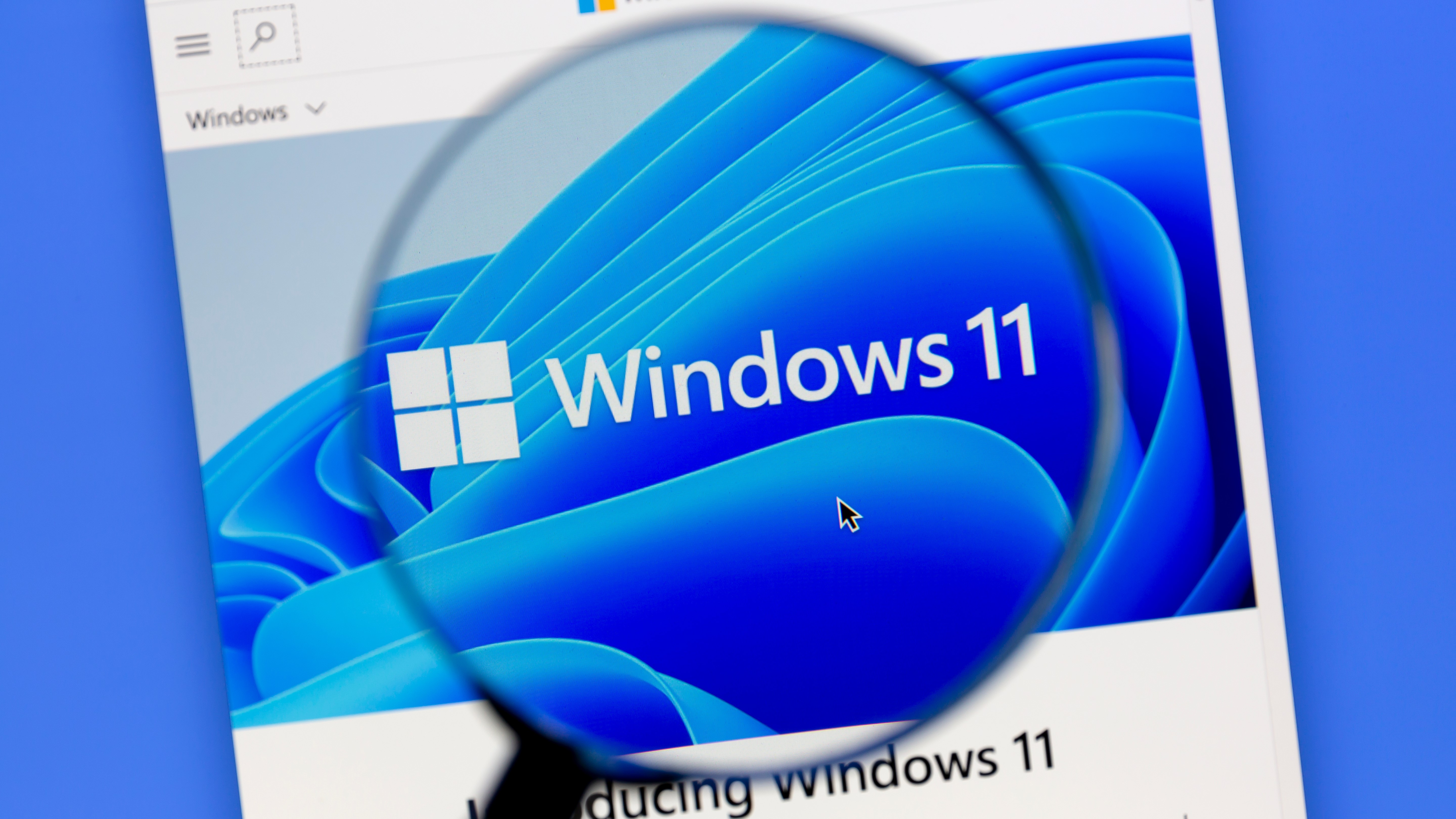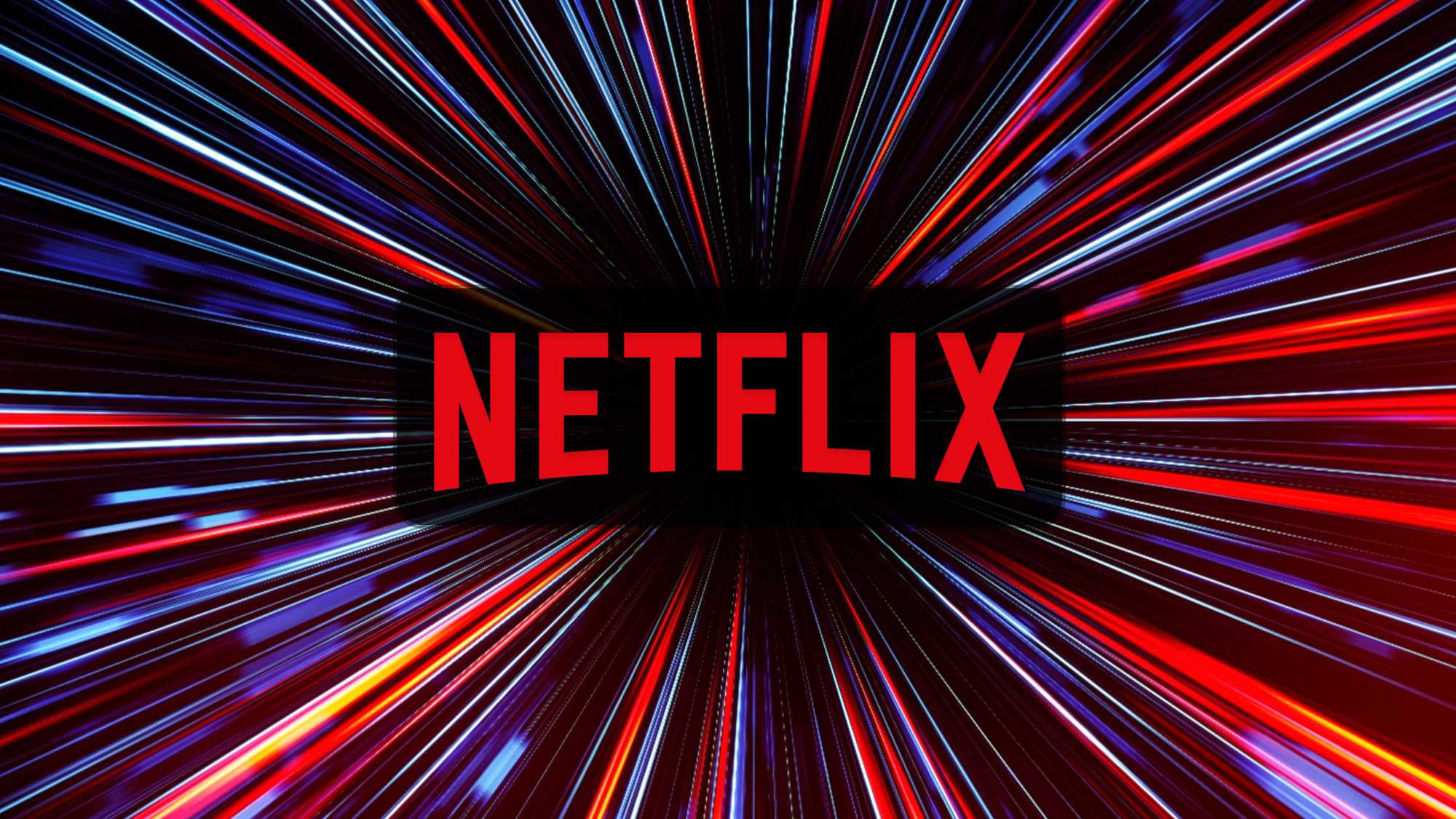You can install Windows 11 on older PCs — but there’s a catch
Unsupported PCs can try Windows 11, but they won't be entitled to updates.

This week, Microsoft revealed that a few more CPUs had been tested and deemed Windows 11 ready, after initially being dismissed as incompatible. But now it seems that the company’s earlier rigid insistence that only certain hardware would be permitted to run the new operating system wasn’t quite as clear cut as it seems.
The Verge reports that Microsoft’s block only applies to people trying to upgrade their systems from Windows 10 to 11. Anybody who downloads the ISO file and installs Windows 11 manually will find no such barriers, and are free to see for themselves whether Microsoft was simply being overly cautious with its warnings.
- The best Windows laptops
- Windows 11 system requirements: What you need to run it
- PLUS: Microsoft Surface Go 3 alleged benchmarks just tipped major performance boost
Theoretically that means that your computer no longer needs to meet the PC Health Check requirements. As long as your computer has a 64-bit processor with at least 1GHz power, two or more cores, 4GB RAM and 64GB of storage, you should be good to go.
But there’s a catch, and it’s quite a big one. Not long after publication, Microsoft issued a clarification: any computer that is officially unsupported won’t be entitled to Windows Updates. That could include everything from crucial security fixes to automatic driver updates, and Microsoft was unsurprisingly vague about how extensive this block will be.
Given officially unsupported operating systems are still given all-important security updates from time to time, it seems unlikely that anybody using Windows 11 on an older PC would be completely out in the cold, but that’s certainly the impression Microsoft is giving here.
That might well be intentional. The Verge speculates that this could be a way of appeasing power users while not having to accept responsibility for what happens when people use unsupported hardware. “Underpromise and overdeliver,” as the site puts it.
Hopefully Microsoft will offer some clarity in the future, because installing Windows 11 and hoping that the company will provide updates after all is clearly a big gamble.
Get instant access to breaking news, the hottest reviews, great deals and helpful tips.
If you want to check your PC’s official compatibility status, Microsoft has just released an updated version of its PC Health Check tool, but it’s currently limited to Windows Insiders. If you’re not on the Insider program and don’t fancy jumping through the hoops to become a member, third-party tools are available, though they may not include the recently admitted seventh-generation Intel chips yet.
- More: How to install Windows 11 — a step-by-step guide
Freelance contributor Alan has been writing about tech for over a decade, covering phones, drones and everything in between. Previously Deputy Editor of tech site Alphr, his words are found all over the web and in the occasional magazine too. When not weighing up the pros and cons of the latest smartwatch, you'll probably find him tackling his ever-growing games backlog. He also handles all the Wordle coverage on Tom's Guide and has been playing the addictive NYT game for the last several years in an effort to keep his streak forever intact.
 Club Benefits
Club Benefits






